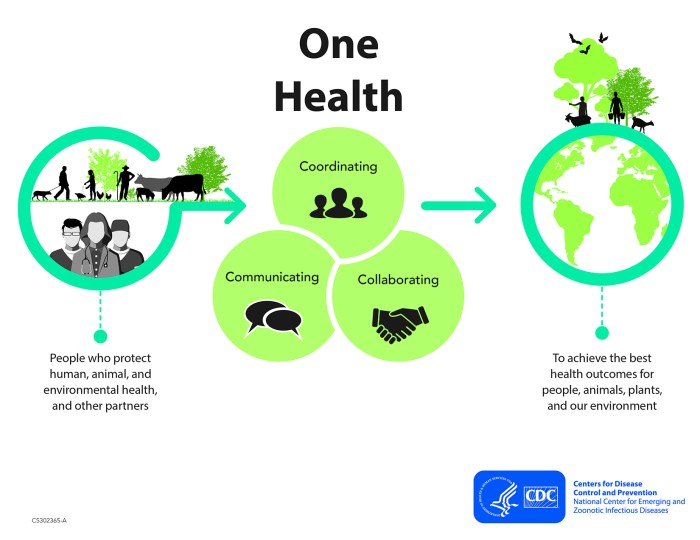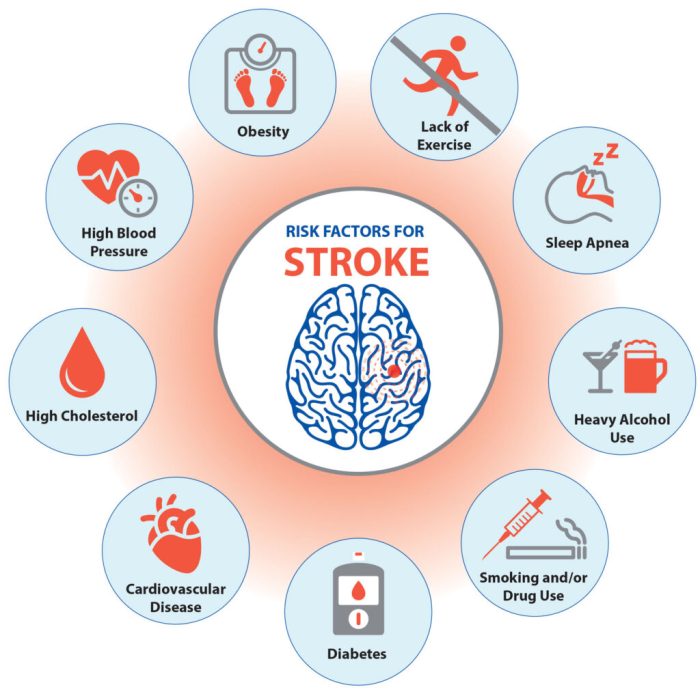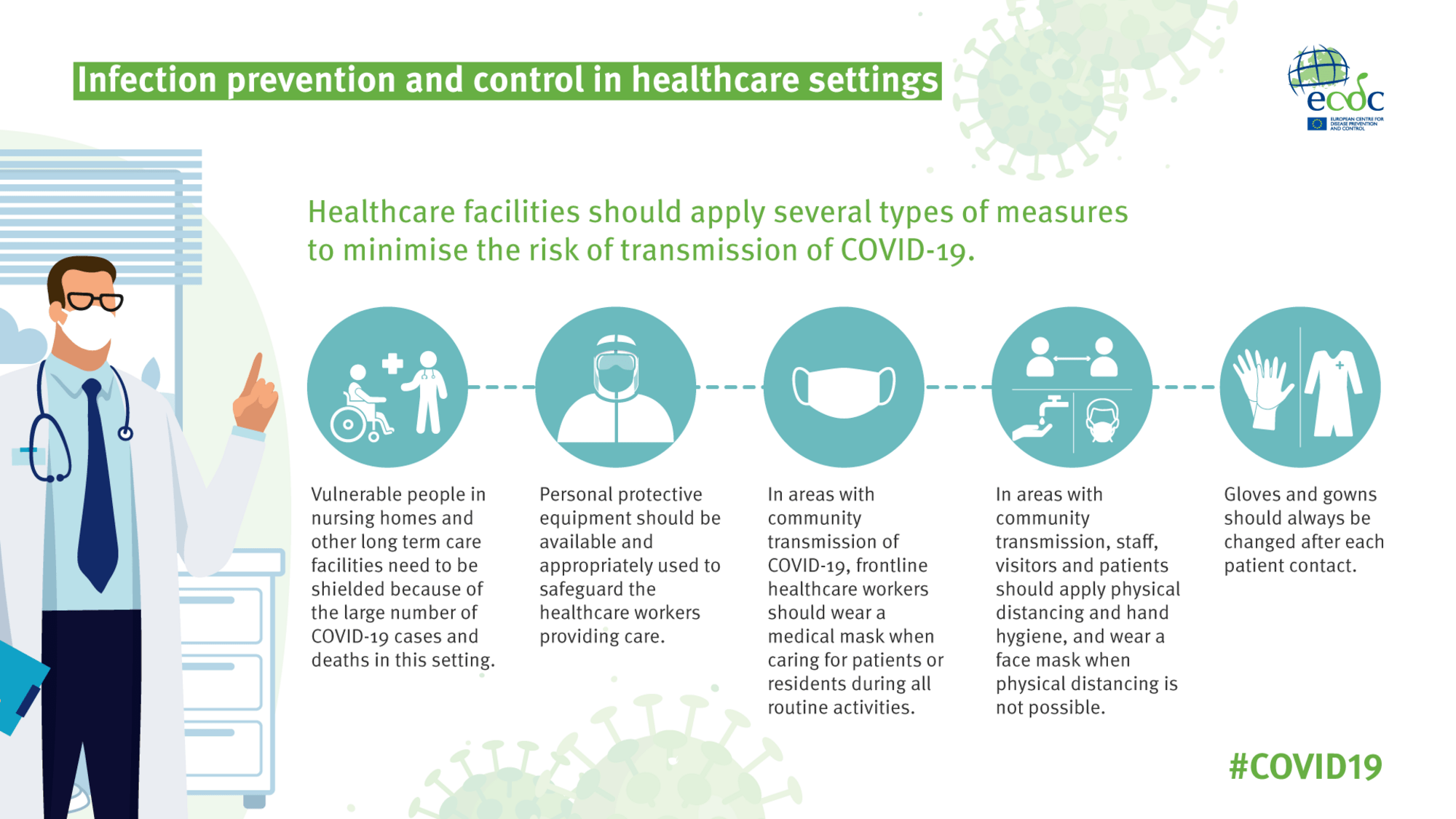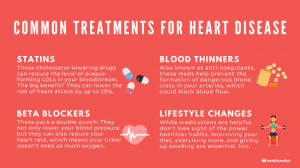
Health systems for disease prevention sets the stage for this enthralling narrative, offering readers a glimpse into a story that is rich in detail and brimming with originality from the outset. It delves into the intricate web of healthcare services, medical care, health insurance, medical research, health facilities, health clinics, healthcare tips, and the overarching structure of health systems dedicated to disease prevention.
As we unravel the layers of this critical topic, we discover the vital roles each component plays in safeguarding public health and well-being, ultimately paving the way for a healthier future for all.
Healthcare services
Regular access to healthcare services is essential for disease prevention, as they offer a range of options to monitor and maintain overall health. These services play a crucial role in detecting health issues early, providing education on healthy lifestyle choices, and offering preventive interventions.
Types of healthcare services available for disease prevention
- Primary care: This includes routine check-ups, vaccinations, and screenings for various health conditions.
- Preventive services: These services focus on promoting healthy behaviors and preventing diseases before they occur.
- Specialized care: For individuals with specific risk factors or pre-existing conditions, specialized healthcare services may be necessary for comprehensive disease prevention.
Examples of healthcare services that focus on preventative care
- Annual physical exams: Regular check-ups allow healthcare providers to assess overall health and detect any potential issues early.
- Immunizations: Vaccines are crucial in preventing infectious diseases and maintaining community immunity.
- Cancer screenings: Tests such as mammograms and colonoscopies help in early detection of cancer, increasing chances of successful treatment.
The importance of regular check-ups and screenings in maintaining health
Regular check-ups and screenings are vital for disease prevention as they enable early detection of health issues. By identifying problems at an early stage, healthcare providers can intervene promptly and provide appropriate treatment. Additionally, routine screenings help individuals stay informed about their health status, empowering them to make informed decisions about their well-being.
Medical care

Medical care plays a crucial role in disease prevention by providing early detection, treatment, and management of health conditions. Through regular check-ups and screenings, healthcare professionals can identify potential risks and issues before they escalate into serious illnesses.
Early detection through medical care
- Regular health check-ups and screenings can help detect diseases at an early stage when they are more treatable.
- Diagnostic tests such as blood tests, imaging studies, and biopsies can help identify underlying health issues before symptoms manifest.
- Early detection allows for prompt intervention and timely treatment, increasing the chances of successful outcomes and reducing the risk of complications.
Following medical advice and treatment plans
- It is essential to follow medical advice and treatment plans prescribed by healthcare providers to effectively manage health conditions and prevent disease progression.
- Adhering to medication regimens, lifestyle modifications, and recommended preventive measures can help control symptoms, improve health outcomes, and reduce the risk of complications.
- Regular monitoring and follow-up appointments with healthcare professionals are crucial to ensure the effectiveness of treatment plans and make necessary adjustments as needed.
Health insurance

Health insurance plays a crucial role in disease prevention by providing individuals with access to necessary healthcare services, including preventive measures. By ensuring coverage for medical expenses, health insurance encourages individuals to seek regular check-ups, screenings, and vaccinations, ultimately reducing the risk of developing serious illnesses.
Relationship between health insurance and disease prevention
Health insurance coverage enables individuals to afford preventive healthcare services, such as immunizations, screenings, and wellness exams. This proactive approach to healthcare helps in detecting potential health issues early on, allowing for timely intervention and treatment. By addressing health concerns at an early stage, individuals can prevent the progression of diseases and improve their overall well-being.
Impact of health insurance coverage on access to preventative healthcare services
With health insurance coverage, individuals have better access to a wide range of preventive healthcare services without financial barriers. This includes regular doctor visits, preventive screenings, and lifestyle counseling that promote healthy behaviors. By removing cost as a barrier to care, health insurance encourages individuals to prioritize their health and well-being through preventive measures.
Benefits of health insurance in promoting overall health and well-being
Health insurance not only covers treatment for illnesses but also emphasizes preventive care to maintain overall health. By incentivizing regular check-ups and screenings, health insurance contributes to early disease detection and management. This proactive approach not only saves costs in the long run but also helps individuals lead healthier lives by addressing health concerns proactively.
Medical research
Medical research plays a crucial role in developing effective disease prevention strategies by providing valuable insights into the causes, risk factors, and potential treatments for various illnesses. Through rigorous scientific studies and clinical trials, researchers can identify new ways to prevent diseases and improve public health outcomes.
Examples of how medical research has contributed to preventing diseases
- Development of vaccines: Medical research has led to the creation of vaccines for diseases such as polio, measles, and influenza, significantly reducing the incidence of these illnesses and their associated complications.
- Identification of risk factors: Studies have identified lifestyle factors, genetic predispositions, and environmental exposures that increase the risk of developing certain diseases, allowing for targeted prevention strategies.
- Treatment advancements: Research has contributed to the development of new medications, surgical techniques, and medical devices that can effectively treat diseases and prevent their progression.
Importance of funding medical research for advancing disease prevention efforts
Medical research requires substantial funding to support ongoing studies, clinical trials, and the development of innovative treatments and preventive measures. Adequate funding is essential for attracting top scientific talent, acquiring state-of-the-art equipment, and ensuring the success of research initiatives aimed at preventing diseases.
Without sufficient financial support, progress in disease prevention may be hindered, limiting our ability to address emerging health threats and improve public health outcomes.
Health facilities
Health facilities play a crucial role in supporting disease prevention by providing various services and resources to individuals.
Types of health facilities
- Hospitals: Offer a wide range of preventive care services such as vaccinations, screenings, and health education.
- Primary care clinics: Provide routine check-ups, screenings, and counseling to promote preventive measures.
- Community health centers: Focus on serving underserved populations with preventive care services.
- Public health departments: Responsible for implementing initiatives and programs to prevent diseases at a community level.
Design for promoting preventive care
Health facilities are designed with the following features to promote preventive care:
- Wellness programs and education materials to raise awareness about disease prevention.
- Integration of preventive screenings and vaccinations into routine care appointments.
- Collaboration with other healthcare providers and community organizations to offer comprehensive preventive care services.
Accessibility for individuals
Health facilities strive to enhance accessibility for individuals seeking disease prevention services through:
- Multiple locations to serve diverse populations and reduce travel barriers.
- Acceptance of various health insurance plans to accommodate individuals with different coverage options.
- Extended hours of operation and telehealth services for convenient access to preventive care.
Health clinic
Health clinics play a vital role in providing essential healthcare services, including disease prevention measures, to individuals and communities. These clinics are often the first point of contact for many people seeking medical assistance and guidance on maintaining their health.
Services provided at health clinics for disease prevention
Health clinics offer a range of services focused on disease prevention, such as vaccinations, screenings for various health conditions, health education, and counseling. These clinics also provide access to healthcare professionals who can offer personalized advice on lifestyle modifications to reduce the risk of developing diseases.
- Regular health check-ups to monitor overall health status
- Immunizations to prevent infectious diseases
- Screenings for conditions like high blood pressure, diabetes, and cancer
- Health education on topics such as nutrition, exercise, and stress management
- Counseling on smoking cessation, alcohol consumption, and other unhealthy habits
Benefits of visiting a health clinic for preventive health measures
Visiting a health clinic for preventive health measures can have numerous benefits for individuals and communities. By proactively addressing health concerns and adopting preventive strategies, individuals can reduce their risk of developing serious health conditions and improve their overall well-being.
Some benefits include:
- Early detection and management of health issues
- Promotion of healthy behaviors and lifestyle changes
- Reduced healthcare costs associated with treating preventable diseases
- Improved quality of life and longevity
Role of health clinics in community-based disease prevention programs
Health clinics play a crucial role in community-based disease prevention programs by providing accessible and affordable healthcare services to a wide range of individuals. These programs often target specific health issues prevalent in the community and aim to educate and empower individuals to take control of their health.
Health clinics serve as hubs for disseminating information, delivering interventions, and monitoring the health status of the community.
- Collaborating with local organizations and agencies to reach underserved populations
- Offering outreach programs and mobile clinics to increase access to healthcare services
- Participating in community health fairs and events to raise awareness about disease prevention
- Engaging community members in health promotion activities and initiatives
Healthcare tips
Maintaining good health and preventing diseases is crucial for overall well-being. By making simple lifestyle changes and staying informed, individuals can significantly reduce their risk of various health issues.
Healthy Eating Habits
- Eat a balanced diet rich in fruits, vegetables, whole grains, and lean proteins.
- Avoid processed foods high in sugar, salt, and unhealthy fats.
- Stay hydrated by drinking an adequate amount of water throughout the day.
- Limit alcohol consumption and avoid smoking to reduce the risk of chronic diseases.
Regular Exercise Routine
- Engage in physical activity for at least 30 minutes a day to maintain a healthy weight.
- Incorporate strength training and flexibility exercises into your workout routine.
- Find activities you enjoy to make exercise a regular and enjoyable part of your life.
- Aim to get enough sleep each night to support your overall health and well-being.
Importance of Education and Awareness
- Stay informed about preventive screenings and vaccinations recommended for your age and health status.
- Seek out reliable sources of health information to make informed decisions about your well-being.
- Consult healthcare professionals for regular check-ups and to address any health concerns promptly.
- Participate in health education programs to learn more about disease prevention and healthy living.
Health systems

Health systems play a crucial role in supporting disease prevention by providing a structured framework for delivering healthcare services and promoting preventive care.
Coordination of Healthcare Services for Preventive Care
Health systems coordinate various healthcare services to ensure that preventive care is accessible and effective. This coordination involves collaboration among healthcare providers, public health agencies, and community organizations to implement strategies for disease prevention.
- Regular health screenings and vaccinations are organized to detect and prevent diseases at an early stage.
- Educational campaigns and outreach programs are conducted to raise awareness about healthy lifestyle choices and disease prevention measures.
- Clinical guidelines and protocols are established to standardize preventive care practices and ensure consistency in healthcare delivery.
Examples of Successful Health Systems Prioritizing Disease Prevention
Several countries have implemented successful health systems that prioritize disease prevention as a key component of their healthcare strategy. These systems have shown significant improvements in population health outcomes and reduced healthcare costs.
For example, the healthcare system in Finland focuses on promoting preventive care through comprehensive health education, early intervention programs, and regular health screenings. As a result, Finland has lower rates of chronic diseases and better overall health outcomes compared to other countries.
In addition, the healthcare system in Singapore emphasizes proactive health management and preventive measures through a combination of public health initiatives, primary care services, and health promotion campaigns. This integrated approach has contributed to a healthier population and reduced healthcare expenditures in the long run.
Last Point
In conclusion, the discussion on health systems for disease prevention highlights the interconnectedness of various elements in the healthcare landscape. By emphasizing prevention through accessible services, early detection, and community engagement, these systems work tirelessly to ensure a healthier society.
As we navigate the complexities of modern healthcare, embracing the principles of disease prevention becomes paramount in shaping a brighter tomorrow.
Common Queries
What are some examples of healthcare services that focus on preventative care?
Some examples include vaccination programs, regular health screenings, and counseling for lifestyle modifications.
How does health insurance impact access to preventative healthcare services?
Health insurance can determine the affordability and availability of preventive services such as screenings, vaccinations, and annual check-ups.
What role do health clinics play in community-based disease prevention programs?
Health clinics serve as hubs for preventive care, offering services like vaccinations, health education, and early disease detection to local populations.





